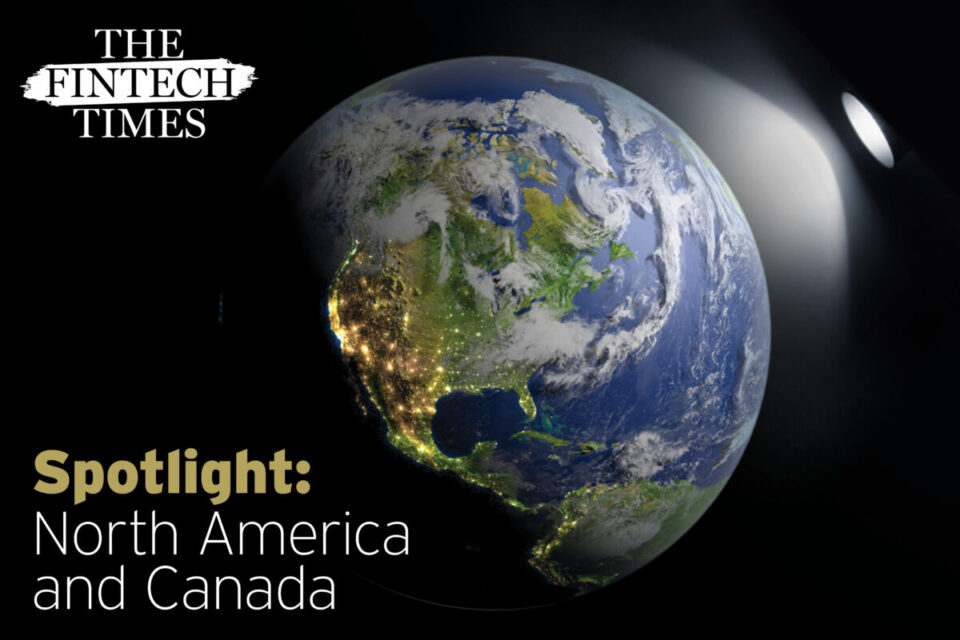Some pundits in the Bay Area are raising alarms about what seems to be the flight not only of major companies like Oracle, Hewlett Packard, and others – but also the steady tech talent drainage. And many are not only leaving Silicon Valley, they’re leaving the entire state of California.
One of the first giants to make such a move was a Silicon Valley icon, Hewlett Packard. Its founders could be called Silicon Valley royalty, having started their company in the most techie way possible: in their Palo Alto garage, in 1938. That’s why when HP announced last year they were pulling up its stakes and moving to Texas, their decision sent shockwaves across the techie community. Not long after, other heavyweights like Oracle followed HP to what seemed to be the new haven for the tech giants – Austin Texas.
Tesla, whose founder Elon Musk has long grappled with California’s red tape, may also move to Austin soon. Musk himself moved there May last year, after a bitter confrontation with local health authorities over allowing his workers in the factory during the pandemic. Many critics of California’s progressive tax structure believe the pandemic has accelerated a trend that was going to happen anyway.
“California’s progressive tax means that the poorer pay much less and the richer pay much more,” Marc Arcas, a Silicon Valley reporter working for a Spanish news agency, told The Fintech Times. “And of course, many rich people don’t like this. California also has higher state taxes and more red tape than most parts of the US, so it’s not always great for these tech giants. So, with or without pandemic, I think this was something that was going to happen eventually, but the global crisis accelerated it.”
It’s not only tech titans snubbing Silicon Valley right now. Many tech workers, thanks to the rise of remote work, are also opting for greener (and cheaper) pastures. Khalid Parekh’s choice of pasture when opening his fintech banking platform Fair, may have been the more arid state of Texas, but he certainly isn’t missing anything from Silicon Valley. “The cost of living here is great, that’s the first difference with Silicon Valley,” Parekh explained. “An engineer here can live with 60k and have a very comfortable life. You really can’t live with that money in Silicon Valley.” He’s been living in Houston for over 20 years, where he has set up an IT services company, AMSYS, and is about to launch another one in April. “Texas is giving companies and startups a lot of help to set up shop. Houston’s mayor is doing a great job trying to attract more tech talent on a national and international level,’ Parekh said.
Just like Parekh, Austin Mac Nab, founder of VizyPay, a credit card company, wanted to bootstrap his business in the beginning. “It wouldn’t have been sustainable for us as a startup, with no investment money, to move to Silicon Valley. Here, in Iowa, we have everything we need at almost half the cost,” Mac Nab said. Though Iowa may seem an unlikely place to become a tech hub, Mac Nab is seeing a steady trickle of companies setting up shop in Des Moines. “We have a great pool of engineers and tech people here in our own backyard and great academic institutions. We really don’t need to look to San Francisco for talent.”
Other entrepreneurs left Silicon Valley for other reasons that had nothing to do with money. Victoire Cogevina left the area a couple of months ago for Miami, because for her, it made more sense to be closer to Latin America when she founded Gloria, a soccer-related app. “Silicon Valley is a place that grew and created the rules of the game for a long time, but we need to create new paths. It’s about adding, not subtracting,” Victoire told The Fintech Times.
But many that remain in Silicon Valley believe there are many aspects of life there that cannot be replicated anywhere else in the country, or the world. “Yes, Silicon Valley and California are plagued by restrictive tax policies and high cost of living,” explains Peter Leroe-Muñoz, from the Silicon Valley Leadership Group, “but there are so many other advantages that make this area unique, like some of the best learning institutions in the world, the biggest number of venture capitalists and of course, incredible sceneries and weather.”
Leroe-Muñoz remains optimistic about the future of Silicon Valley and its role as the world’s main tech hub, but also knows there are many things that need to change. “We are aware that we have many issues to resolve, like the extremely low rate of homeownership in our area, the terrible traffic conditions and red tape for businesses,” he said. Whether overcoming these hurdles will convince Big Tech and fintech companies to stay is another matter.



